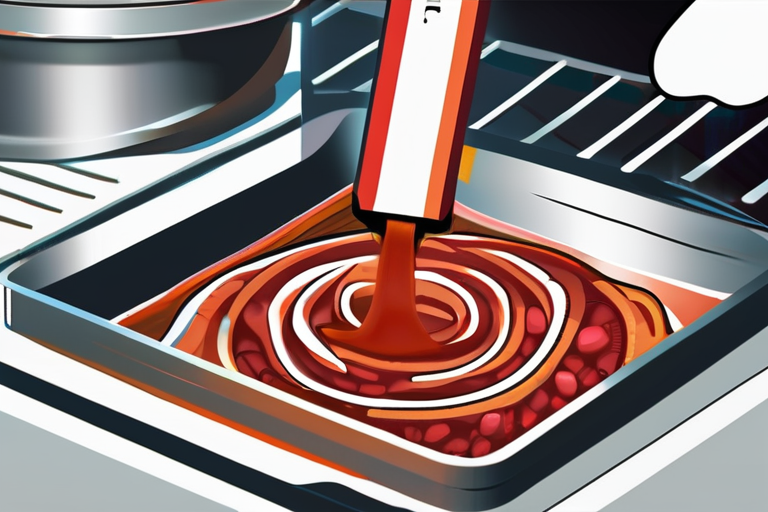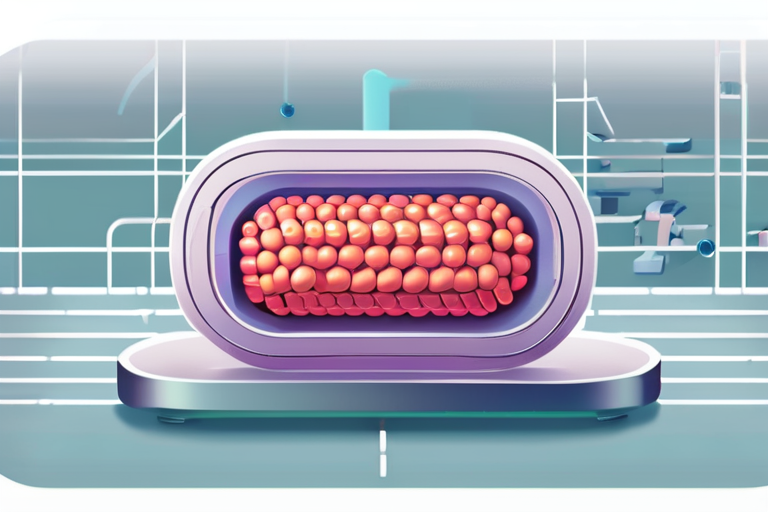Researchers at the East China University of Science and Technology in Shanghai have developed a gel-based artificial tongue that can determine the spiciness of a wide range of foods, from the relatively mild bell pepper to the more formidable facing heaven chili of Sichuan cuisine. The device, as reported in ACS Sensors, uses electronic sensors to detect the heat levels of spicy foods with a high degree of precision, potentially revolutionizing the way quality control is performed in the food industry.
According to co-author Jing Hu, a chemical engineer at the East China University of Science and Technology, the artificial tongue's solution was inspired by the spicy-neutralizing effect of milk. Milk proteins that affect our perception of spiciness relieve the burn of a spicy dish, and the researchers sought to replicate this effect using a gel-based material. "We wanted to focus on spiciness in particular and to measure spice levels as precisely as possible," Hu explained. "This is especially important for quality control in food, where even small variations in spiciness can have a significant impact on consumer experience."
The artificial tongue is not a new concept, but rather an improvement on existing technology. Scientists have created similar devices that can detect sweet, sour, spicy, and umami tastes using electronic sensors. However, the researchers behind the new paper aimed to create a device that could specifically measure the heat levels of spicy foods, making it a valuable tool for the food industry.
The development of the artificial tongue has significant implications for the food industry, particularly in terms of quality control and food safety. Currently, human taste testers are often used to determine the spiciness of foods, but this process can be time-consuming and subjective. The artificial tongue offers a more precise and efficient solution, allowing food manufacturers to quickly and accurately assess the heat levels of their products.
The researchers' work also has broader implications for the field of food science. As the global demand for spicy foods continues to grow, the need for accurate and reliable methods of measuring spiciness becomes increasingly important. The artificial tongue represents a significant step forward in this area, and its potential applications extend beyond the food industry to fields such as pharmaceuticals and biotechnology.
The development of the artificial tongue is the latest in a series of advancements in the field of artificial taste. Researchers have been working on creating devices that can mimic the human sense of taste for several years, with a focus on developing sensors that can detect specific tastes such as sweetness, sourness, and bitterness. The artificial tongue represents a significant milestone in this area, and its potential to revolutionize the way we approach food quality control and safety is vast.
As for next developments, the researchers plan to continue refining the artificial tongue and exploring its potential applications. They are also working on scaling up the device to make it more practical for use in industrial settings. With its high degree of precision and efficiency, the artificial tongue is poised to become a valuable tool in the food industry, and its impact on the way we approach food quality control and safety is likely to be significant.


























Share & Engage Share
Share this article